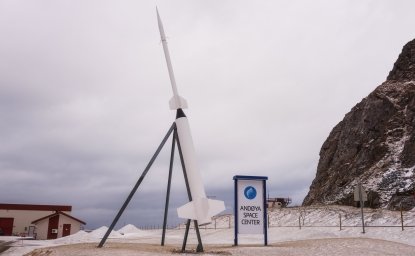Polar Institute Reading List
The Polar Institute's "What We're Reading" staff book reviews offer reflections on books that have contributed to our understanding of the complex dynamics shaping the Arctic and Antarctic.
The Polar Institute's "What We're Reading" staff book reviews offer reflections on books that have contributed to our understanding of the complex dynamics shaping the Arctic and Antarctic.

“We need to stop digging the hole we are in.”
Former US Ambassador to Russia John Sullivan often used this phrase to describe the state of US-Russia relations in the critical months leading up to Putin's full-scale invasion of Ukraine. In his new book, Midnight in Moscow, Sullivan recounts his tenure as Ambassador from 2020 to 2022. At the time of Sullivan’s appointment, the bipartisan trust he commanded was second to none. However, that trust—and America's commitment to its core values—would be relentlessly tested throughout the duration of his diplomatic mission, by forces foreign and domestic.
The extraordinary circumstances of Sullivan’s tenure in Moscow are undeniable. His writing details historic deviations from diplomatic norms, including his relocation from the traditional Ambassador’s residence, Spaso House, to a more secure townhouse near the US Embassy. Sullivan describes the constant pressure of safeguarding his team against Russian intelligence tactics, espionage, harassment, and assault. By Sullivan’s account, Russian leadership is both calculated and erratic. He provides a rare glimpse into President Vladimir Putin, the Russian ruling class, and the Kremlin’s tactics to maintain power. Surmounting usurpations against Ukraine and by extent, challenges to U.S. leadership, indicate a broader looming conflict– the fight to control resources and strategic positioning on the world stage.
Midnight in Moscow is both a personal memoir and a vital historical record. Sullivan’s reflections on the failures of diplomacy, along with his candid assessments of both the Trump and Biden administrations, make this book a must-read for those seeking to understand the driving factors which led to the Ukraine invasion. Sullivan’s insights offer a stark warning of the Arctic’s expanding geopolitical significance, where the US must confront Russia’s escalating ambitions—an issue that will shape not just regional stability but global security in the years to come.
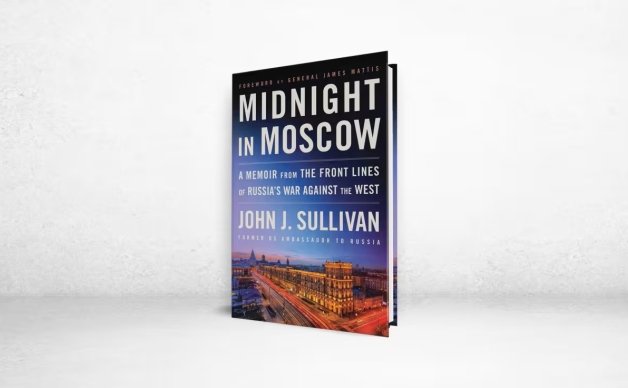
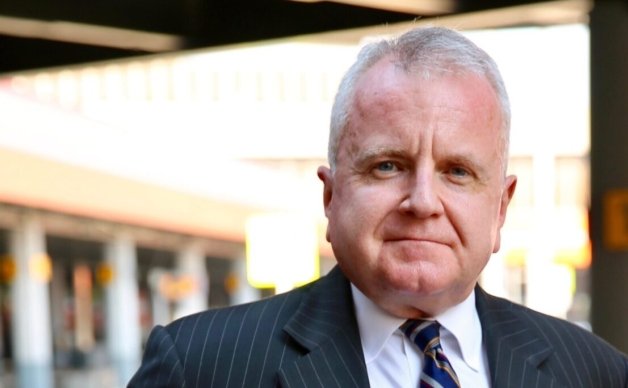
Elsa never expected to witness a murder. At just nine years old, she stumbles upon a man killing one of her family’s reindeer calves. He goes so far as to even slice off its ear—marked with her family’s identification. When the killer spots Elsa, he shushes her and runs his hand across his throat, threatening her life if she speaks out.
This chilling opening scene sets the tone for Ann-Helén Laestadius’ novel Stolen. The story follows Elsa, from childhood into adult life, as she seeks justice for the ongoing illegal slaughter of her family’s reindeer while navigating the difficulties that come with being a Sámi woman in Sweden.
Throughout the novel, Elsa’s attempts to stop the killings are suppressed by lackadaisical authorities and council leadership fearful of retaliation. After years of injustice, Elsa decides she can no longer stay silent, and she takes matters into her own hands.
Stolen stands out in the fiction coming-of-age genre by tackling the real-word issues impacting Sámi people. The Sámi are Indigenous to the Sápmi–land in the northern regions of Sweden, Norway, Finland, and the Kola Peninsula. In Stolen, Sámi reindeer husbandry, land rights, and cultural preservation are explored through Elsa’s vantage point as a young woman trying to make sense of a rapidly changing society, and her role within it.
By featuring Sámi language and cultural references throughout the story, Laestadius makes dense subject matter accessible to a broader audience. Stolen not only highlights the ongoing challenges facing Arctic Indigenous peoples but also emphasizes the power of individuals to affect positive change.
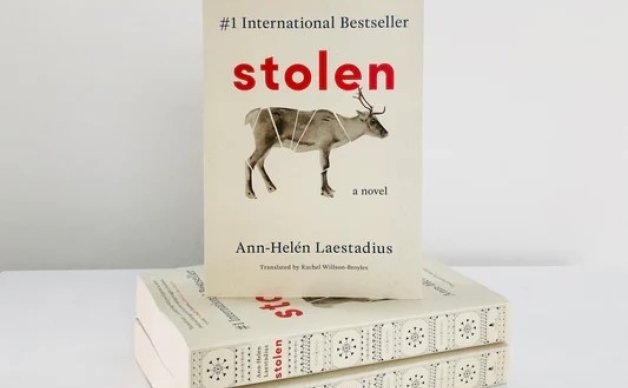

Only a fraction of the population has ventured to the remote landscapes where Neil Shubin forged his career. In his new book, Ends of the Earth, Shubin takes readers along on his journey from amateur expeditioner fumbling with tent poles to renowned expedition leader in the polar regions.
Shubin is best known in the academic community for discovering the fossil of Tiktaalik—the most ancient fish to walk on land. Beyond the coveted samples he’s collected, Shubin’s decades of paleontological work in the Arctic and Antarctic have given him an intimate understanding of these remote regions. And from what he’s seen, he believes the worst is yet to come.
Throughout the book, Shubin blends scientific concepts with regional history. He can distill dense science, like the poles’ seasonal weather patterns and high melting temperature of glacial ice, into accessible explanations for readers. His insights are often accompanied by gripping recounts of the regions’ dark yet fascinating history which includes deadly expedition failures, close encounters with predators, and nuclear proliferation.
As Shubin sees it, the poles remain places where mortality hangs in the balance. This time, it's not just local populations or doomed expeditions at risk. The loss of Earth’s largest supply of freshwater and thawing of permafrost puts humanity itself in jeopardy, along with millennia of fossils and history frozen in the ice.
Ends of the Earth is an insightful and thrilling account of polar history, science, and Shubin’s unique career. Despite the looming threat of losing these places forever, Shubin still manages to capture the romantic beauty of a landscape that has enticed him for decades. This book serves as testimony to the poles’ majesty and as warning to the rest of the world that even small changes in these remote regions can have dramatic consequences for life everywhere on Earth.
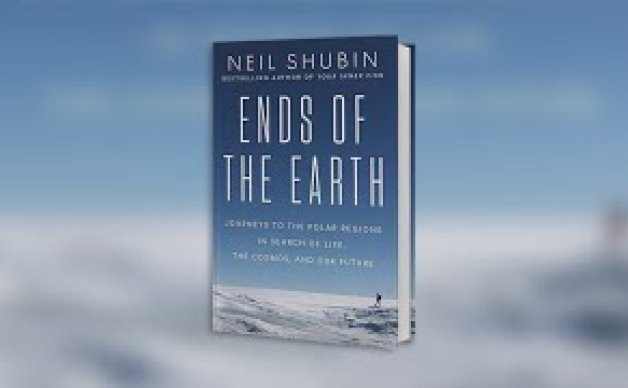


Since its inception in 2017, the Polar Institute has become a premier forum for discussion and policy analysis of Arctic and Antarctic issues, and is known in Washington, DC and elsewhere as the Arctic Public Square. The Institute holistically studies the central policy issues facing these regions—with an emphasis on Arctic governance, climate change, economic development, scientific research, security, and Indigenous communities—and communicates trusted analysis to policymakers and other stakeholders. Read more



